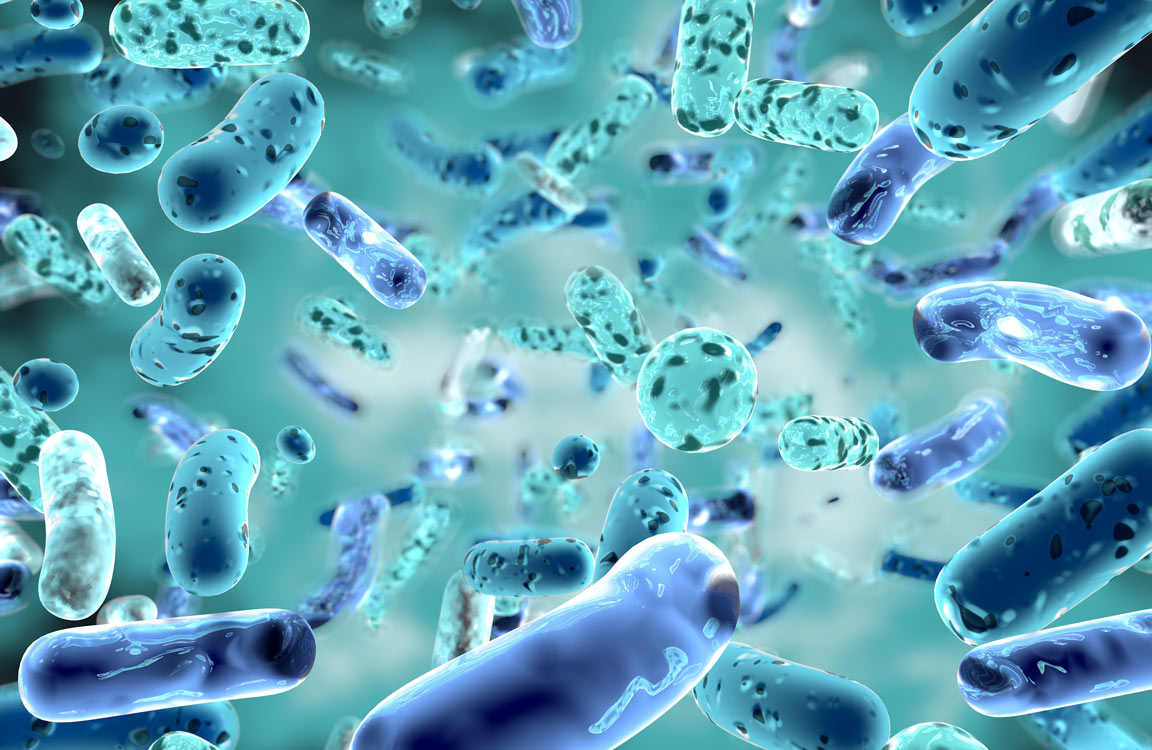New Medical Controversy: Non-Communicable Diseases Like Obesity, Heart Disease, And Diabetes May Be Communicable After All
Source: Thailand Medical News Jan 18, 2020 6 years, 1 month, 1 week, 2 days, 2 hours, 54 minutes ago
Currently,
non-communicable diseases including
heart disease, cancer and l
ung disease are the most common causes of death, accounting for 70 percent of deaths worldwide. These diseases are considered "
non-communicable" because they are thought to be caused by a combination of genetic, lifestyle and environmental factors and can't be transmitted between people.

However, a new research paper in
Science by a team of fellows in CIFAR's Humans and the
Microbiome program throws this long-held belief into question by providing evidence that many diseases may be transmissible between people through
microbes (including bacteria, fungi, and viruses) that live in and on our bodies.
Dr B. Brett Finlay, CIFAR Fellow and professor of Microbiology at the University of British Columbia, who is lead author on the paper told
Thailand Medical News, "If our hypothesis is proven correct, it will rewrite the entire book on public health."
The research authors base their hypothesis on connections between three distinct lines of evidence. First, they demonstrate that people with a wide range of conditions, from
obesity and
inflammatory bowel disease to type 2
diabetes and
cardiovascular disease, have altered microbiomes. Next, they show that altered
microbiomes, when taken from diseased people and put into animal models, cause disease. Finally, they provide evidence that the
microbiome is naturally transmissible, for example: Spouses who share a house have more similar
microbiomes than twins who live separately.
Dr Finlay added, "When you put those facts together, it points to the idea that many traditionally
non-communicable diseases may be
communicable after all."
Dr Eran Elinav, an author on the paper, CIFAR fellow, and Professor at the Weizmann Institute of Science, sees the proposed connection between these points of evidence as an argument for thinking about disease more broadly. "This may represent new opportunities for interventions in some of the world's most common and bothersome diseases," he says. "We can now think about modulating environmental factors and the
microbiome, not just about targeting the human host."
The CIFAR's Humans & the
Microbiome program benefits from its international, interdisciplinary network of fellows, advisors and CIFAR Azrieli Global Scholars that includes microbiologists, anthropologists, immunologists, and geneticists, among others. Together they are discovering how
microbes that live in and on us affect our health, development and even behavior.
Dr Alan Bernstein, President and CEO of CIFAR added, "This paper provides a provocative ne
w way to think about
non-communicable diseases, with important implications for public health. Ideas like this are a great example of what happens when top researchers from around the world work together in an environment of trust, transparency, and knowledge sharing."
The research authors say the paper was a direct result of open and exploratory discussions at a CIFAR program meeting in March 2019.
Dr Elinava added, "The idea developed from the integration of emerging biological data from animal models and from humans, coupled with critical insights with partners dealing with the same concepts, in other contexts, in anthropology and social sciences."
Dr Finlay further added, "It started as a thought experiment but then there was huge excitement when we started thinking about what there was evidence for. As the paper started coming together and new pieces of evidence from different specialties came in, discussions were flying around the table."
Though there is a lot of excitement about this hypothesis, the researchers are clear that much remains unknown about the mechanisms involved. "We still don't know in what cases transmission increases, or whether healthy outcomes can also be transmitted," says Maria Gloria Dominguez-Bello, an author on the paper, CIFAR fellow, and professor at Rutgers University. "We need more research to understand
microbial transmission and its effects."
Dr Finlay concluded, "We hope the paper will inspire further research into the mechanisms and extent of communicability. We encourage researchers studying any disease to think about what effect
microbes may be having."
Reference : B. B Finlay et al. Are noncommunicable diseases communicable?, Science (2020). DOI: 10.1126/science.aaz3834
